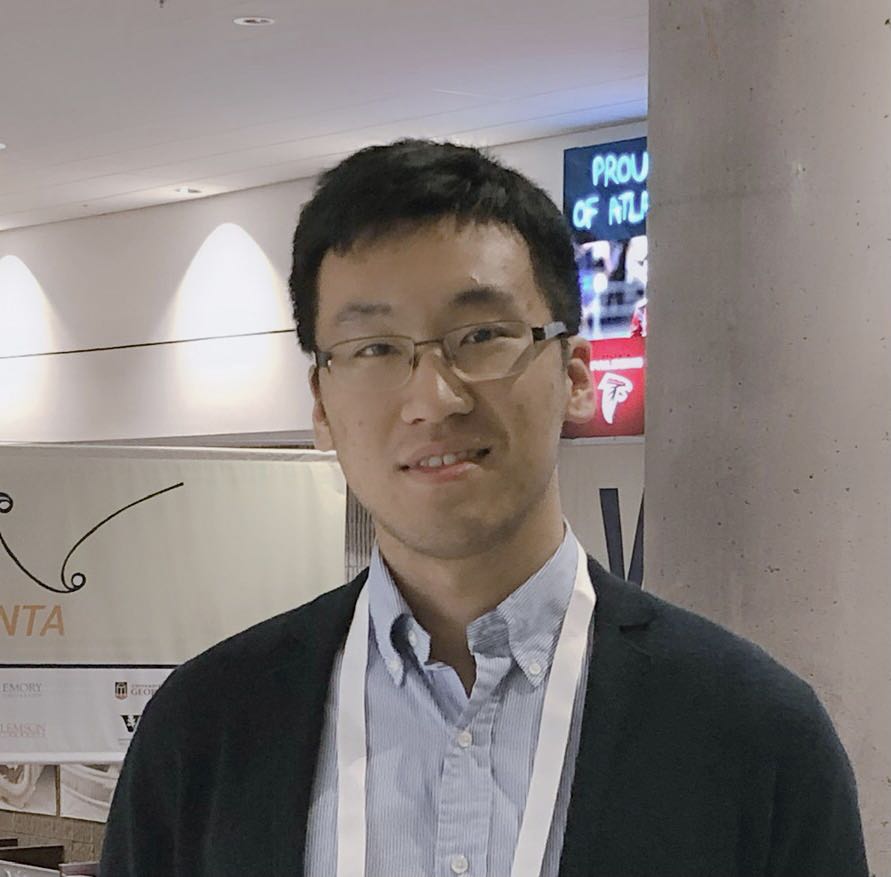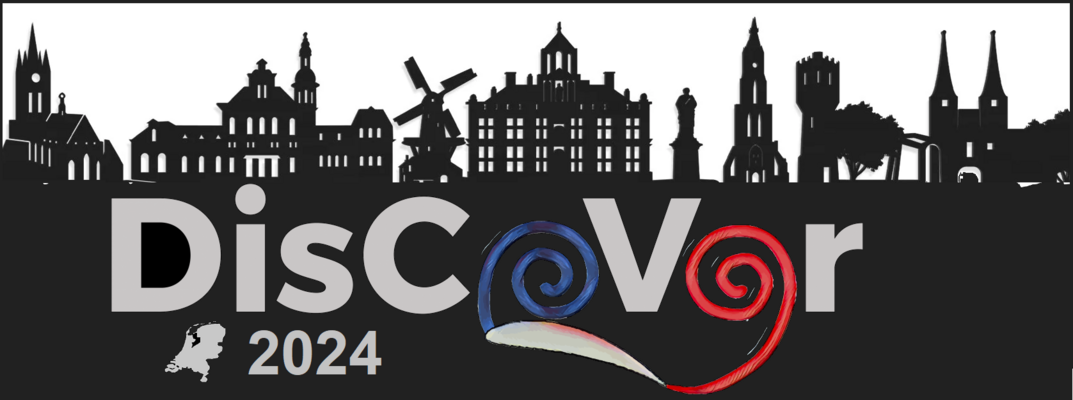Keynote speakers
Melissa Green, University of Minnesota
Tuesday 16 April, 10:40-11:00
Melissa Green received her BS in Aerospace Engineering from the University of Notre Dame and her PhD in Mechanical and Aerospace Engineering from Princeton University. She was an NAS/NRC Postdoctoral Research Associate at the Naval Research Laboratory from 2009 to 2011. In 2012, she started her faculty career as an Assistant Professor in the Mechanical and Aerospace Engineering Department at Syracuse University, and joined the Aerospace Engineering and Mechanics Department at the University of Minnesota as an Associate Professor in 2021. She received the Air Force Office of Scientific Research Young Investigator Award in 2014, and was selected as an Associate Fellow of AIAA in 2020. She won her department’s teaching award in 2015 and 2020, and the Dean’s Award for Excellence in Engineering Education in 2016. Her research interests are primarily in the field of experimental fluid dynamics, particularly in vortex-dominated and bio-inspired applications.

Hao Liu, Chiba University
Wednesday 17 April, 10:40-11:00
Hao LIU is professor of mechanical engineering at Chiba University, and director of Center for Aerial Intelligent Vehicles (CAIV). He is a fellow of the Japan Society of Mechanical Engineers (JSME). He is selected among Top Leading Scientists in the fields of engineering & technology (research.com) and Top 2% Scientist (Stanford University). Prior to joining Chiba University in 2003, he was a senior research scientist in RIKEN (The Institute of Physical and Chemical Research). He is the author and a co-author of more than 650 papers in journals and conferences, mainly dealing with computational mechanics, biomechanics in flying and swimming, fluid-structure interaction, biomimetics, insect-inspired micro air vehicles, and bio-inspired engineering as well as multi-scale, multi-physical modeling of the cardiovascular system, and AI-driven predictive medicine. He has received several awards including JACM Computational Mechanics Award, and his professional views have been quoted in several news media, including NHK, AFP, Thomson Reuter, and most major newspapers in Japan, including Yomiuri-Shimbun, Asashi-Shimbun, Nihon Keizai Shimbun, Nikkan etc.
Vortices and Forces in Insect Flight: A Review
In this talk, I highlight the state of the art of vortex-dominated, 
Wei Hou, California Institute of Technology
Thursday 18 April, 10:40-11:00
Wei Hou is a graduate researcher at California Institute of Technology working with Prof. Tim Colonius. He works on high-performance numerical algorithms for turbulent flow simulation and operator-theoretic methods in flow analysis. He received his BS in Aerospace Engineering and Applied Mathematics from University of California, Los Angeles, where he worked with Prof. Jeff Eldredge to apply machine learning techniques to solve problems in gust detection. His research interests include computational methods in scientific computing, high-fidelity flow simulations, and data-driven methods in fluid dynamics.
Fast three-dimensional stability and resolvent analysis for external flows about arbitrary spanwise homogeneous geometries
We introduce a computationally efficient method to conduct three-dimensional stability and resolvent analyses of spanwise periodic external flows. Our method utilizes the Immersed Boundary (IB) method with a fast lattice Green's function (FLGF) solver for the associated Poisson-like equation. The method is also compatible 
DisCoVor 2024
 Registration website for DisCoVor 2024
Registration website for DisCoVor 2024TISOLS organising committeediscovor@tudelft.nl
TISOLS organising committeediscovor@tudelft.nlhttps://www.aanmelder.nl/discovor
2024-04-16
2024-05-08
OfflineEventAttendanceMode
EventScheduled
DisCoVor 2024DisCoVor 20240.00EUROnlineOnly2019-01-01T00:00:00Z
To be announcedTo be announced